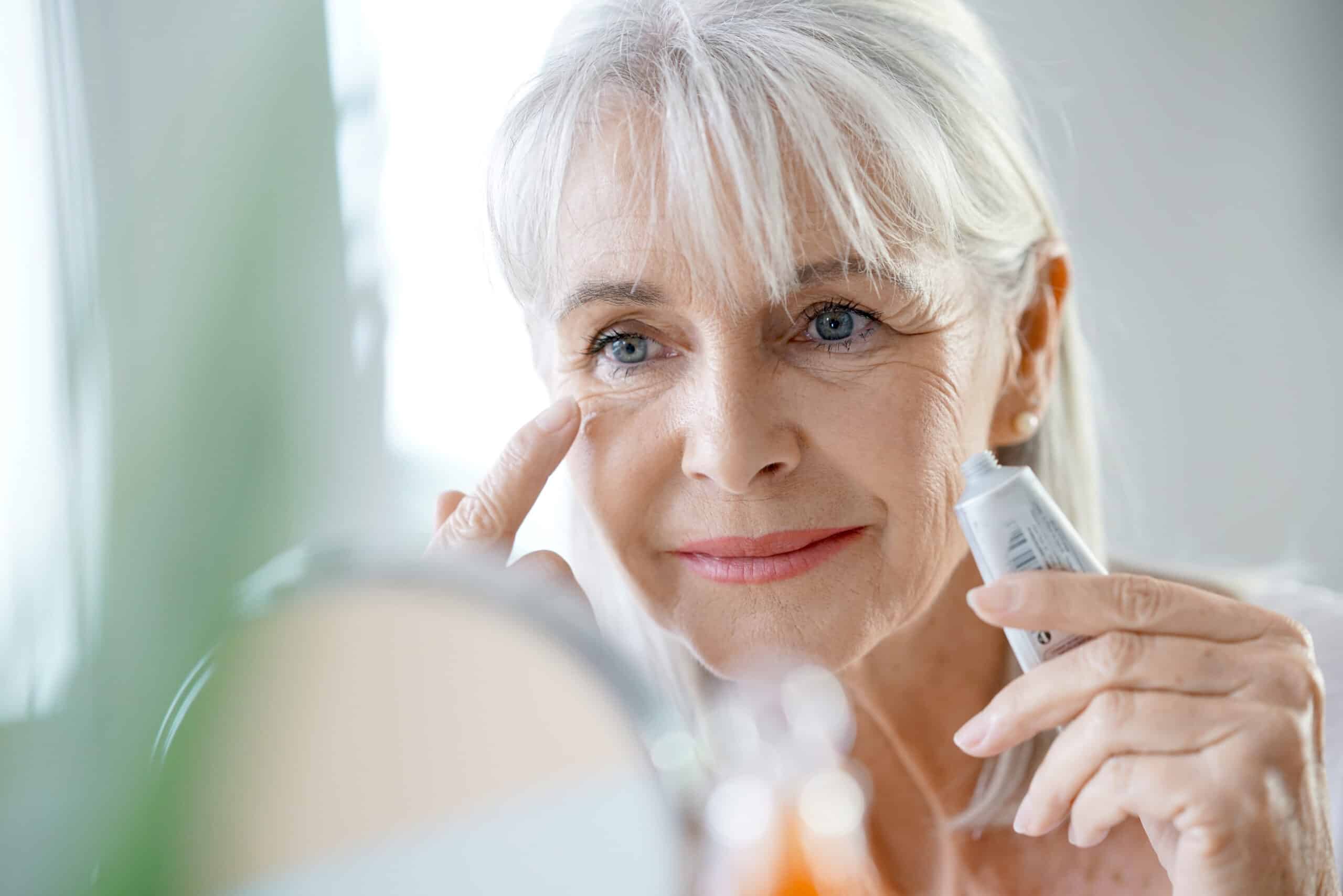The potent anti-inflammatory, antioxidant, analgesic, and skin rejuvenating effects of cannabis make it an ideal candidate for skin health. Most have come to trust CBD Oil, CBD Gummies, and other CBD products from reputable sources.
Cannabis and Skin Health
Cannabis contains chemical compounds called cannabinoids. Out of all the cannabinoids, CBD (cannabidiol) is the most popular and effective compound generally used in skincare products. Although most cannabis-infused skincare products are topical, one can even consider using it internally via oral capsules or oils. Topical CBD acts on the body’s Endocannabinoid System (ECS) and can help support the ECS maintain the body’s balance.
When applied topically, CBD shows effectiveness at a localized level. It gets absorbed by the pores of our skin, which allows it to interact with the ECS. It affects the sebocytes of the sebaceous gland, which produces an oily secretion called sebum. The sebum is responsible for protecting the skin from damages caused by dehydration and other external factors. It also helps in keeping the skin supple. Some studies suggest that CBD has shown some initial promise as a therapy for a variety of skin diseases.
Let’s get to know more about the benefits of cannabis for the skin:
1. Moisturization
Cannabis stimulates the natural oil production that may help to keep the skin hydrated and elastic. Dryness can cause your skin to overproduce oil, which, in turn, can stimulate acne. The unsaturated fatty acids in cannabis counters the overproduction of oil to prevent clogged pores. This can help in the reduction of acne caused by excess oil. Such interaction provides moisturization for enhanced skin health.
2. May Improve the Skin Barrier
Cannabis induces antioxidant activity in keratinocytes. The primary purpose of keratinocytes is to preserve our skin’s barrier against viral, fungal, microbial, or parasitic invasion; protect against UV radiation, and minimize heat and water loss. The topical use of CBD can improve the skin barrier function and treat different skin diseases, including dermatitis and keratin disorders.
3. Skin-soothing
Cannabis is one of the most potent skin soothers for puffy, red, damaged, stressed, inflamed, and irritated complexions. Its substantial skin-normalizing and skin-calming effects help to minimize such skin issues. It is a potent anti-inflammatory that encourages new cell generation and skin growth to reduce and soothe skin inflammation. This helps to restore natural balance to sensitive skin.
4. Acne control
Along with having anti-inflammatory properties, cannabis is also known to exhibit antibacterial properties. Acne arises when dirt, dead skin cells, dirt, or excess oil accumulate, clogging the pores. The build-up causes bacterial multiplication leading to inflammation, redness, blotchiness, or blemishes. Cannabis may help to keep your skin free from acne-causing bacteria and inhibits excess oil production.
5. Can Help Treat Psoriasis and Atopic Dermatitis
Psoriasis is an autoimmune condition that results in itchy and scaly skin, whereas atopic dermatitis is usually triggered by allergens, irritation, and poor blood flow. Cannabis may help both psoriasis and dermatitis, owing to its anti-inflammatory properties. It has effects on decelerating skin cell division to calm the skin and prevent itchiness, irritation, and inflammation. It may also help to reduce scars related to psoriasis and atopic dermatitis.
Conclusion
If you are looking to improve skin health in specific areas, then cannabis-infused skincare products may be an excellent alternative. Choosing the right product for your skin will depend on what areas need the most improvement. Look for products that contain pure cannabis. The purer the product, the more suitable and sufficient it is for your skin.
As with anything you read on the internet, this article should not be construed as medical advice; please talk to your doctor or primary care provider before making any changes to your wellness routine.




